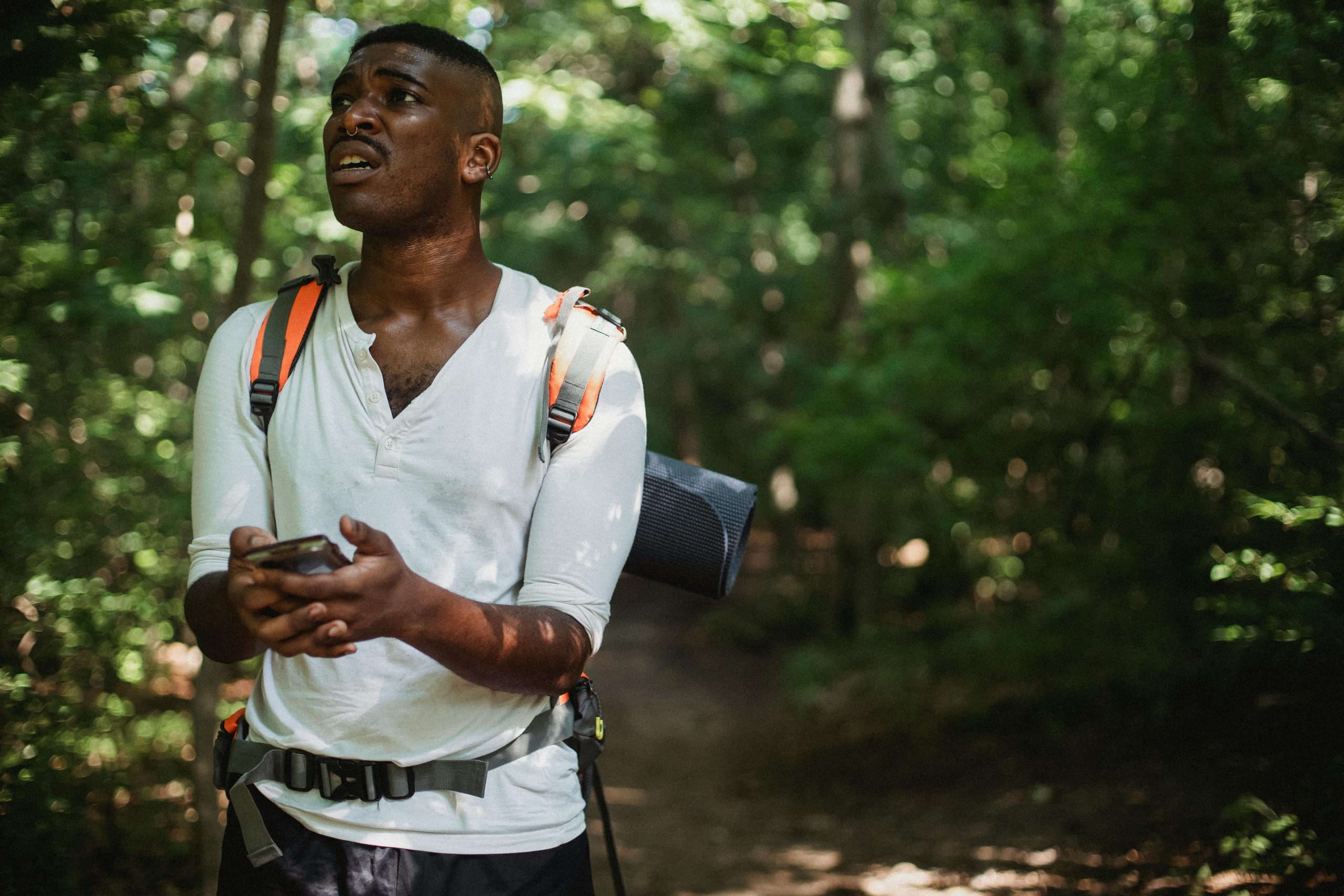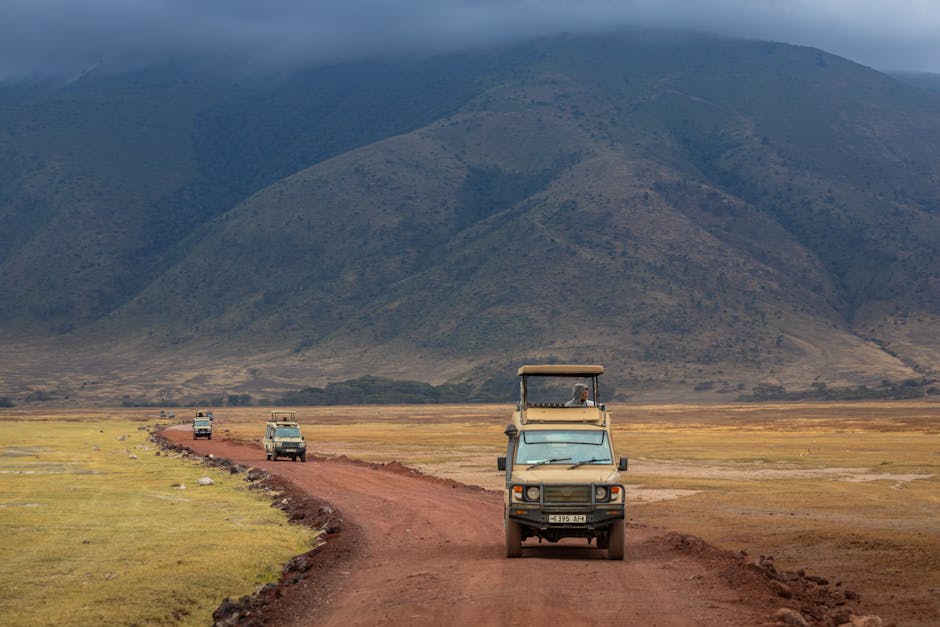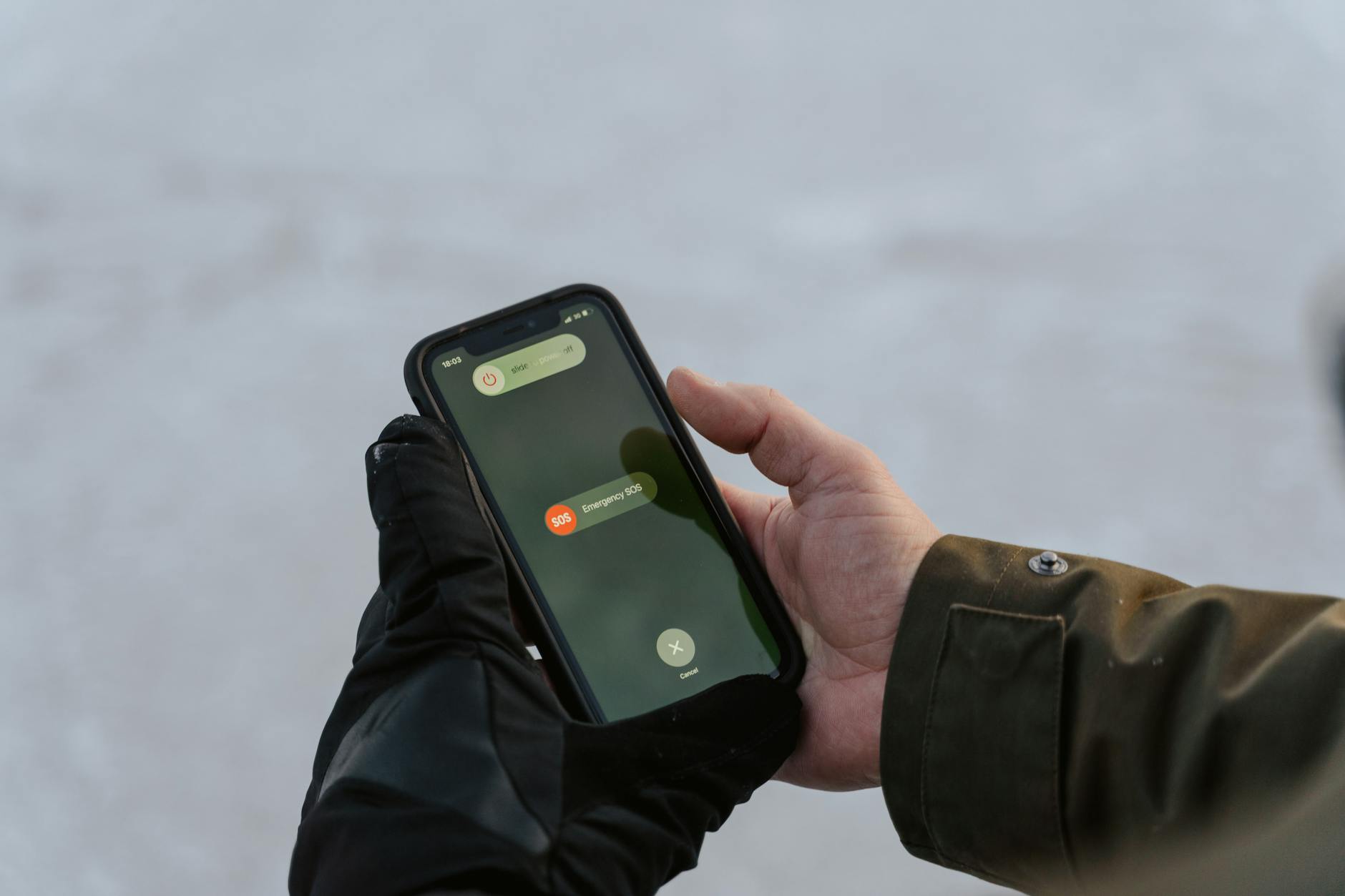What to do when you get lost in Africa?
Getting lost on a safari or holiday can be a frightening and unsettling experience. It’s important to remain calm and take proactive steps to seek help and ensure your safety. Maps and navigation apps do a great job of keeping us on track, but what should you do if you lose your way or don’t have reception? Maintaining a positive mindset is crucial during a challenging situation and following the right procedures can make a significant difference.
Whether you’re exploring a remote hiking trail in Rwanda, driving a self-guided route in Namibia, or wandering too far from camp in the Serengeti, knowing how to react is essential. Even without signal, tools like TravelSafe SOS provide offline support, GPS logging, and an automatic emergency log that activates once you reconnect—giving you peace of mind and a reliable lifeline when every moment counts.
How to get the assistance you need when you are lost:
The TravelSafe SOS app control center handles emergency situations only and should only be used as a last resort. Contact your tour operator or friends with better connectivity that can guide you to your destination. The accommodation provider on your itinerary will be familiar with local routes, road conditions in the event of traffic and extreme weather conditions, and any recent security risks.
They are likely your best port of call to get to your destination and help you. In most parts of Southern and East Africa, including Botswana, Malawi, Uganda, and coastal Mozambique, your lodge or safari camp will have reliable local knowledge to help reroute you, recommend nearby safe stops, or coordinate with drivers or transfer services. For self-drive safari travelers or overlanders, this local expertise can be invaluable—especially in remote national parks or rural regions where signposting is limited.
What happens if you don’t arrive at your destination?
Africa is full of challenges and things do go wrong. If you have are using the shared location function on the TravelSafe SOS app and have shared your itinerary with your preferred contacts and you don’t arrive – the accommodation provider can be notified by them or your tour operator and your last destination pin shared. It’s all about reducing risk and making sure your journey is safe and secure. Remember you are not guaranteed of reception throughout your journey – so, when you have network and feel at risk share your location and ETA to those that matter.
What to do when you have no cell network in Africa and you have an emergency?
It is essential to have a portable phone charger or power bank. Always carry one with you. A fully charged device can still log your GPS location, store offline maps, and activate emergency alerts on the TravelSafe SOS app once you regain signal. In remote regions like the Serengeti, Okavango Delta, or Bazaruto Archipelago, having power can mean the difference between being unreachable and getting timely help. Choose a rugged, high-capacity charger designed for multi-day travel.
Try Emergency Calls Directly from Lock Screen
Always carry your phone, even if it seems useless without service or a charged battery. If given the choice, never leave without it. Many phones allow emergency calls from the lock screen, even without signal—simply look for the “Emergency” option and follow the prompts. Your phone may also detect your location and display it on-screen.
If there’s no reception, move to higher ground or change locations; a signal may appear. Staying calm is crucial—don’t panic. With patience and strategic movement, you’re likely to regain connectivity and access help when needed.
Explore Alternative Communication Methods
Remember your chosen network may have no reception, but other networks might still be available. If you can find a landline phone, use it to call emergency services and the TravelSafe SOS control center. Always keep the control center number written down separately for quick access. Call by any means available, including borrowed phones or satellite lines if possible.
If you locate a Wi-Fi connection—at a lodge, ranger station, or roadside café—use Wi-Fi calling to contact help. Wi-Fi can also reconnect your TravelSafe SOS app, sending out stored alerts and updating your location in real-time. This can be a lifeline in remote safari zones or during unexpected travel disruptions in Southern or East Africa.
If All Else Fails
If you’re lost, seeking help is essential. In populated areas, ask locals for assistance or use their phones to make necessary calls. Knock on doors if needed—most people are willing to help. In remote locations, stop passing cars and request aid. Many travelers hesitate to ask for help, but locals know the area best and can provide crucial guidance. If all else fails, reaching out to someone nearby is the smartest move. Staying calm and proactive increases your chances of finding your way quickly, turning a stressful situation into a manageable one. Don’t hesitate—just ask for help!




